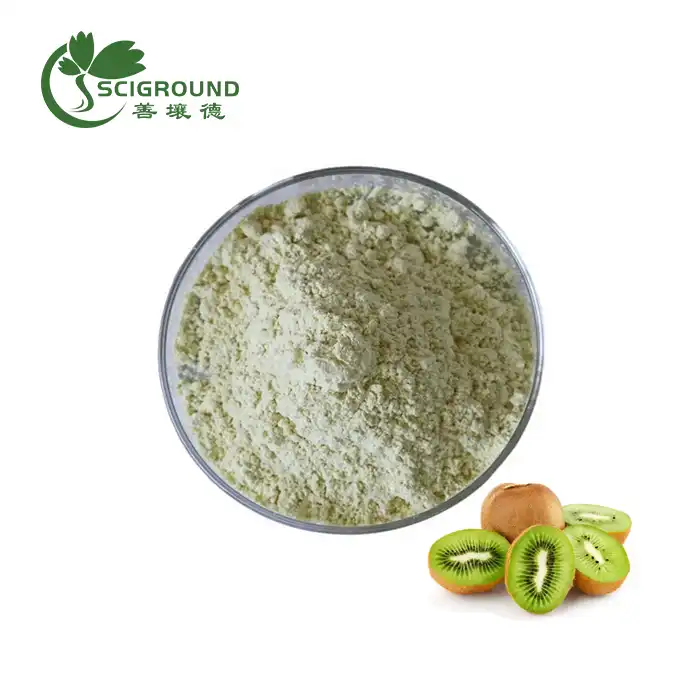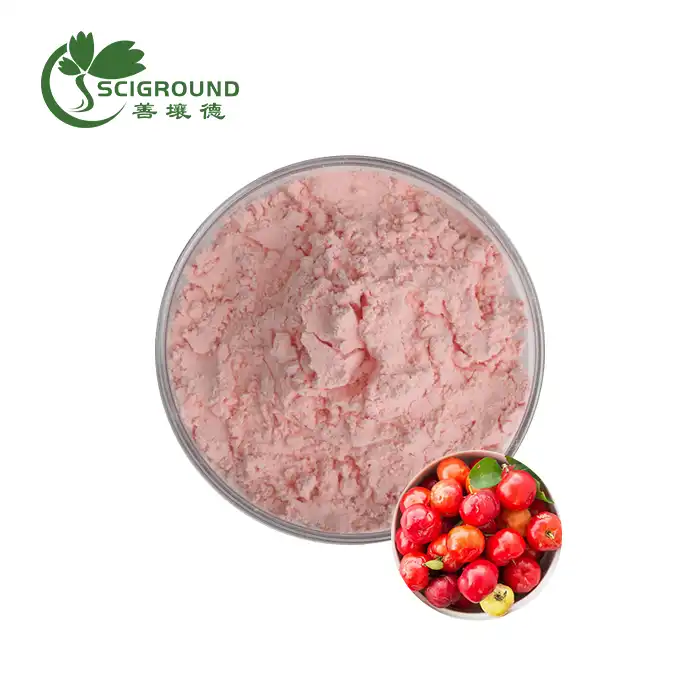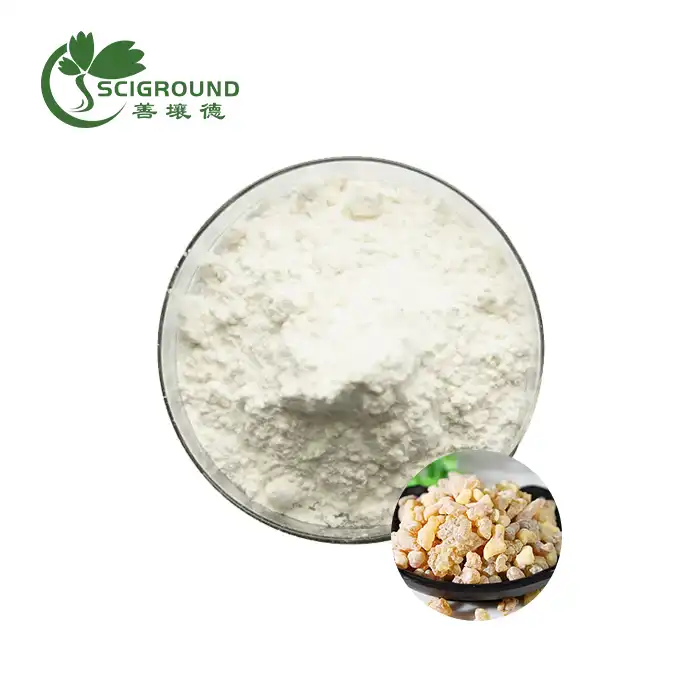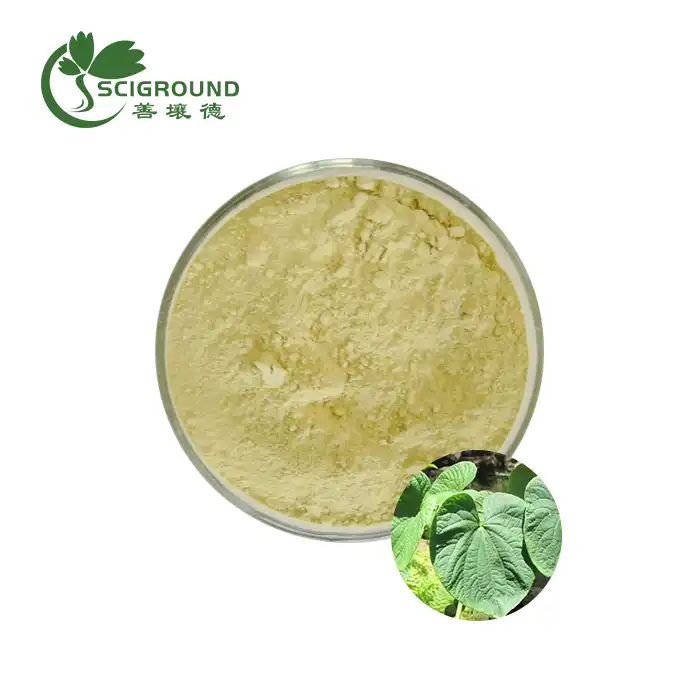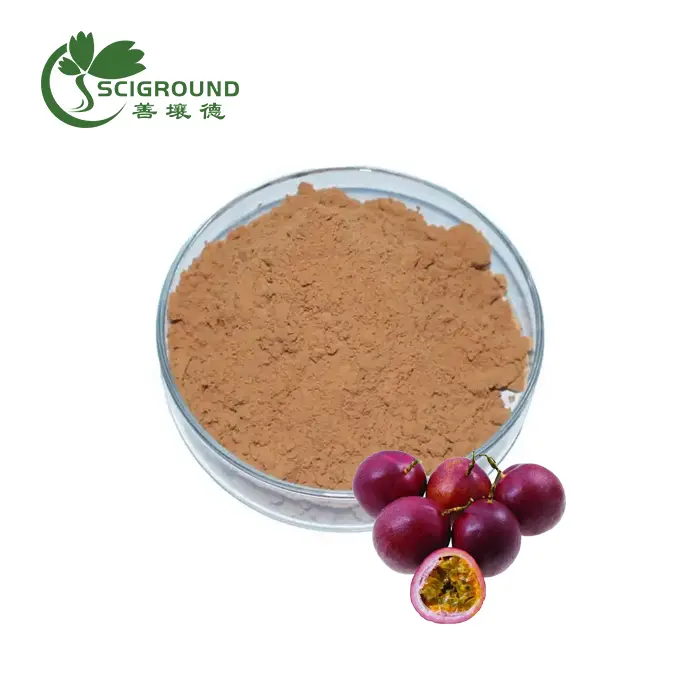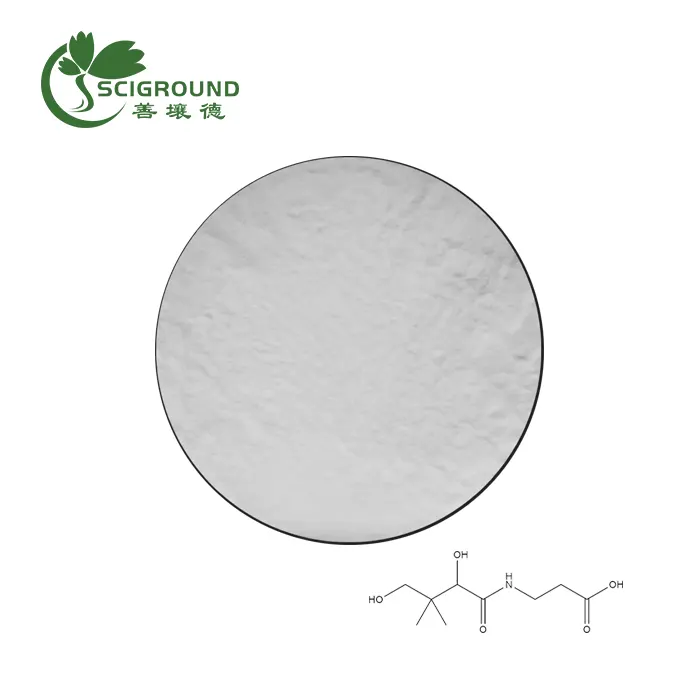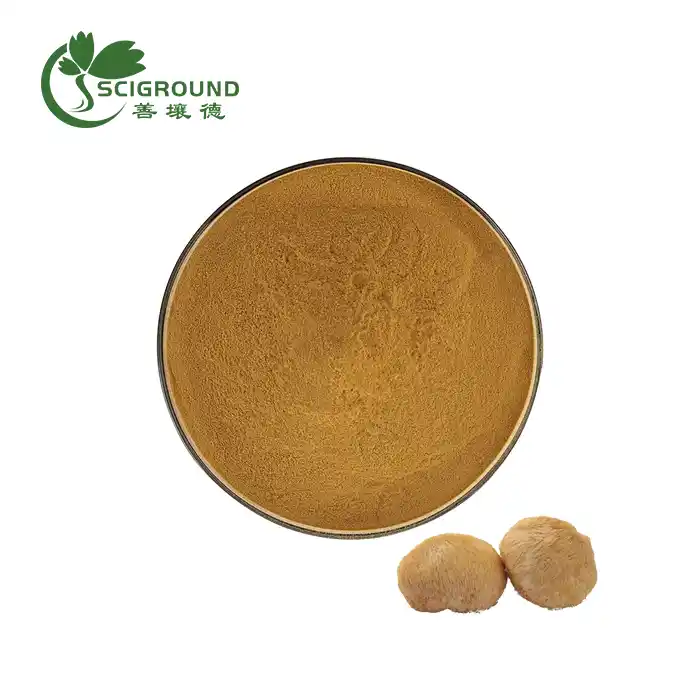What are the phytochemicals in Achyranthes aspera?
Achyranthes aspera, commonly known as prickly chaff flower or devil's horsewhip, is a medicinal herb with a rich history in traditional medicine. This plant has garnered significant attention due to its diverse phytochemical composition and potential therapeutic applications. In this article, we'll explore the various phytochemicals found in Achyranthes aspera and their potential benefits.
Achyranthes aspera contains a wide array of bioactive compounds, including alkaloids, flavonoids, saponins, and tannins. These phytochemicals contribute to the plant's medicinal properties and have been the subject of numerous scientific studies. Let's delve deeper into the specific phytochemicals present in this remarkable herb.
What is acipimox used for?
While acipimox is not directly related to Achyranthes aspera, it's important to address this question as it often arises in discussions about medicinal compounds. Acipimox is a lipid-lowering agent used to treat high cholesterol and triglyceride levels. It belongs to the class of drugs known as nicotinic acid derivatives.
Acipimox works by reducing the production of triglycerides in the liver and decreasing the release of free fatty acids from adipose tissue. This mechanism of action helps lower blood lipid levels and may reduce the risk of cardiovascular diseases.
Although acipimox is not a phytochemical found in Achyranthes aspera, it's worth noting that some of the plant's compounds may have similar lipid-lowering effects. For instance, saponins and flavonoids present in Achyranthes aspera have been shown to possess hypolipidemic properties in various studies.
The phytochemicals in Achyranthes aspera include:
- Alkaloids: These nitrogen-containing compounds are known for their diverse pharmacological activities. In Achyranthes aspera, alkaloids such as betaine and achyranthine have been identified.
- Flavonoids: These polyphenolic compounds are potent antioxidants. Achyranthes aspera contains flavonoids like rutin and quercetin, which contribute to its anti-inflammatory and antioxidant properties.
- Saponins: These glycosides are known for their foaming characteristics and biological activities. Achyranthes aspera contains oleanolic acid-based saponins, which may contribute to its anti-inflammatory and analgesic effects.
- Tannins: These polyphenolic compounds are known for their astringent properties. The presence of tannins in Achyranthes aspera may contribute to its wound-healing and anti-diarrheal effects.
The diverse phytochemical profile of Achyranthes aspera contributes to its wide range of potential therapeutic applications, including anti-inflammatory, antioxidant, and lipid-lowering effects.
Does acitretin weaken your immune system?
Acitretin is a retinoid medication used to treat severe psoriasis and other skin conditions. While it's not directly related to Achyranthes aspera, it's crucial to address this question as it pertains to the broader context of medicinal compounds and their effects on the immune system.
Acitretin itself does not directly weaken the immune system. However, it can have some immunomodulatory effects. It may alter the production of certain cytokines and affect T-cell function, which are components of the immune system. These effects are generally considered beneficial in treating autoimmune skin conditions like psoriasis.
In contrast, the phytochemicals found in Achyranthes aspera have been shown to have immunomodulatory properties that may actually enhance immune function. For example:
- Polysaccharides: Achyranthes aspera contains polysaccharides that have demonstrated immunostimulatory effects in various studies. These compounds may enhance the activity of immune cells and boost overall immune function.
- Flavonoids: The flavonoids present in Achyranthes aspera, such as rutin and quercetin, have been shown to possess immunomodulatory properties. They may help regulate immune responses and reduce inflammation.
- Alkaloids: Some alkaloids found in Achyranthes aspera have been reported to have immunostimulatory effects, potentially enhancing the body's defense mechanisms.
The immunomodulatory properties of Achyranthes aspera's phytochemicals may contribute to its traditional use in treating various ailments and supporting overall health. However, it's important to note that more research is needed to fully understand the extent and mechanisms of these effects.
What are the side effects and risks of acitretin?
While acitretin is not a component of Achyranthes aspera, it's important to address this question to provide a comprehensive understanding of medicinal compounds and their potential effects. Acitretin, as a synthetic retinoid, can have several side effects and risks:
- Dry skin and mucous membranes
- Hair loss
- Increased sensitivity to sunlight
- Liver function abnormalities
- Elevated blood lipid levels
- Teratogenicity (risk of birth defects if used during pregnancy)
In contrast, the phytochemicals found in Achyranthes aspera generally have a more favorable safety profile, although they are not without potential side effects or risks. It's important to consider the following:
- Saponins: While saponins in Achyranthes aspera contribute to its medicinal properties, they can cause gastrointestinal irritation in some individuals if consumed in large quantities.
- Alkaloids: Some alkaloids may have toxic effects if consumed in high doses. However, the alkaloids in Achyranthes aspera are generally considered safe when used appropriately.
- Tannins: These compounds can interfere with iron absorption if consumed in excess. However, the levels in Achyranthes aspera are typically not high enough to cause significant concerns.
The potential side effects and risks associated with Achyranthes aspera and its phytochemicals are generally milder compared to synthetic drugs like acitretin. However, it's crucial to use any herbal remedy or supplement under the guidance of a healthcare professional, as individual reactions can vary.
In conclusion, Achyranthes aspera is a rich source of diverse phytochemicals, including alkaloids, flavonoids, saponins, tannins, and polysaccharides. These compounds contribute to the plant's potential therapeutic properties, such as anti-inflammatory, antioxidant, immunomodulatory, and lipid-lowering effects. While generally considered safer than synthetic drugs, it's important to use Achyranthes aspera products responsibly and under professional guidance.
The study of phytochemicals in medicinal plants like Achyranthes aspera continues to be an exciting field of research, offering potential new avenues for drug discovery and the development of natural health products.
References:
- Srivastav, S., et al. (2011). Achyranthes aspera-An important medicinal plant: A review. Journal of Natural Product and Plant Resources, 1(1), 1-14.
- Chakraborty, A., et al. (2012). Preliminary studies on anti-inflammatory and analgesic activities of Achyranthes aspera in experimental animal models. Indian Journal of Pharmacology, 44(3), 380-384.
- Barua, C. C., et al. (2012). Immunomodulatory effect of Achyranthes aspera seed oil in experimental animals. Indian Journal of Experimental Biology, 50(12), 862-868.
- Akhtar, M. S., et al. (2011). Hypoglycemic activity of Achyranthes aspera Linn. (Amaranthaceae) fruits in normal and streptozotocin-induced diabetic rats. Indian Journal of Experimental Biology, 49(6), 456-460.
- Priya, K., et al. (2012). Phytochemical screening and antibacterial activity of Achyranthes aspera L. Journal of Pharmacy Research, 5(1), 588-590.
- Kumar, S., et al. (2014). Achyranthes aspera: A potent immunostimulating plant for traditional medicine. International Journal of Pharmaceutical Sciences and Research, 5(5), 1601-1611.
If you're interested in learning more about Achyranthes Polysaccharides or other plant extracts, please don't hesitate to contact us at info@scigroundbio.com. Our team of experts would be happy to provide you with more information and discuss how our high-quality plant extracts can benefit your products or research.
Related Industry Knowledge
- How do you dissolve melatonin powder?
- Is inulin safe
- What is Polygonum cuspidatum root extract
- Is it safe to take astragalus everyday?
- Acetyl L Carnitine vs L Carnitine
- How much protein in peas?
- Exploring the Wonder of Apple Extract Powder
- The Mighty Maca Root Extract Powder: Revitalize Your Health and Vitality Naturally
- What foods have bcaas
- Shiitake Mushroom Extract: Uncovering Its Health Benefits
